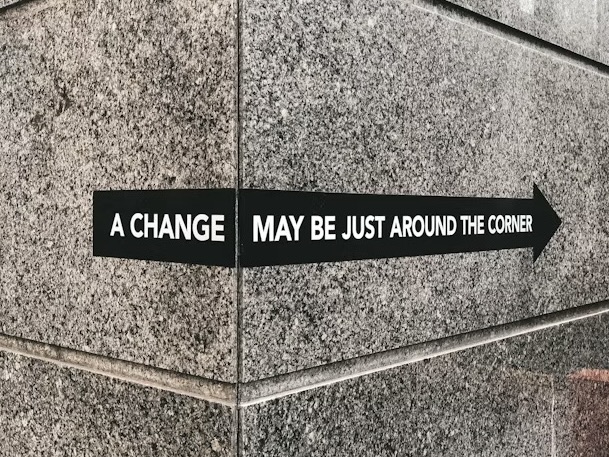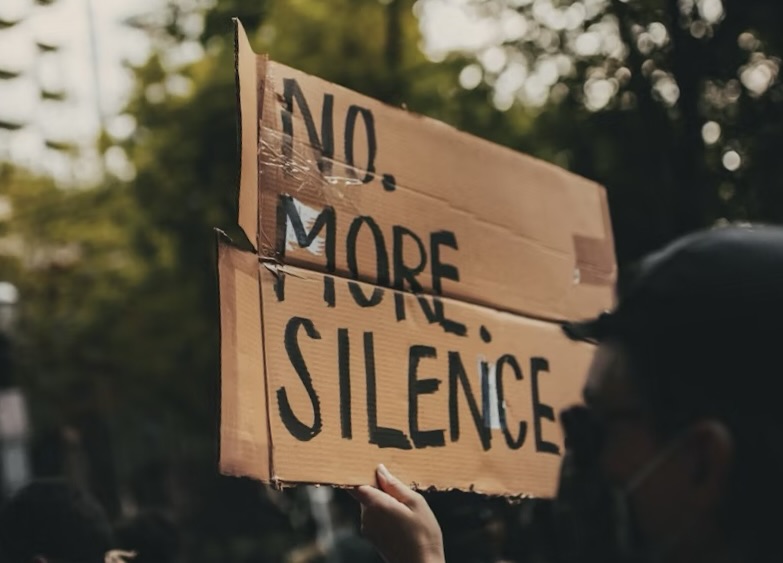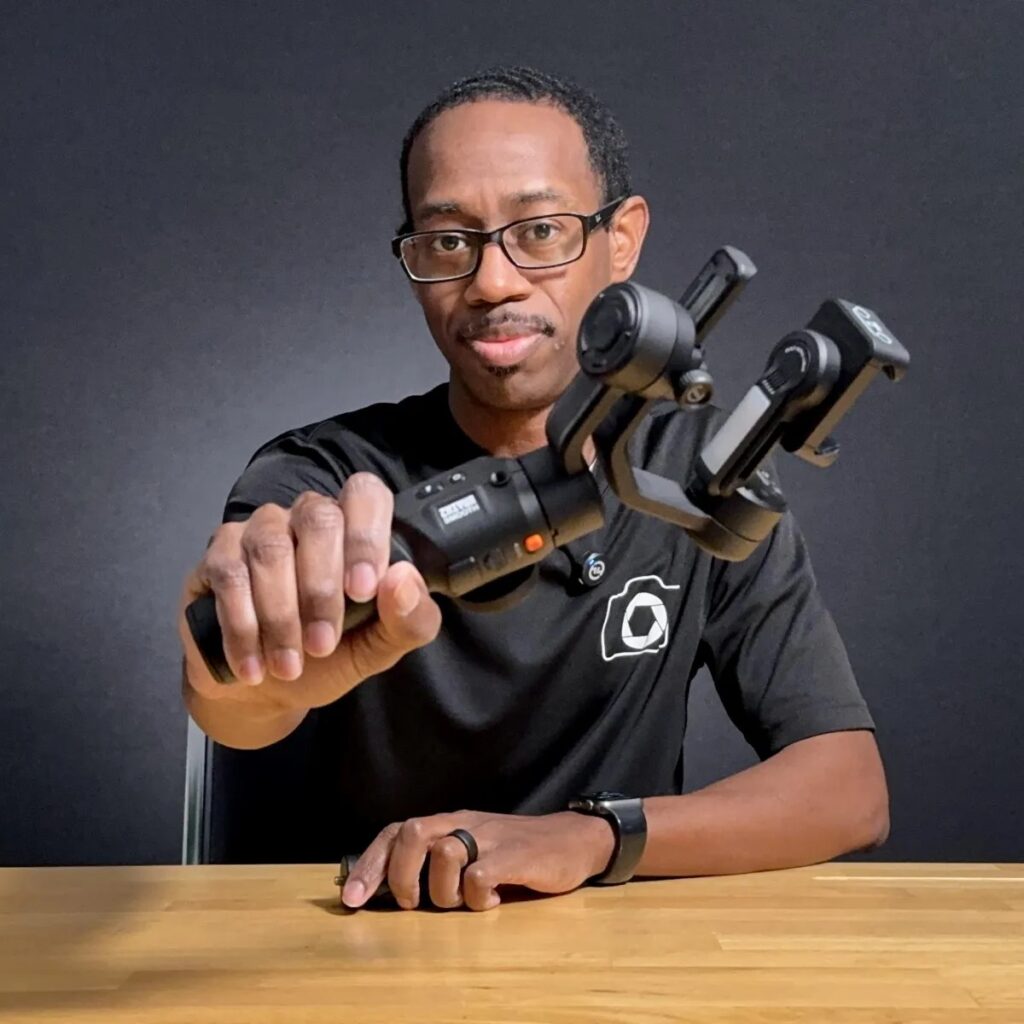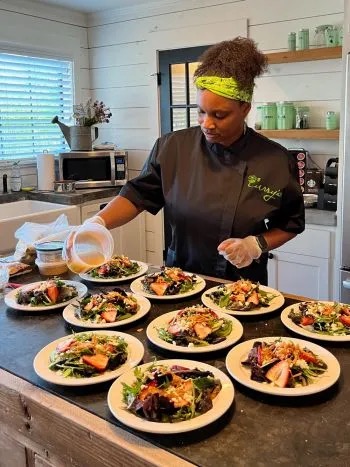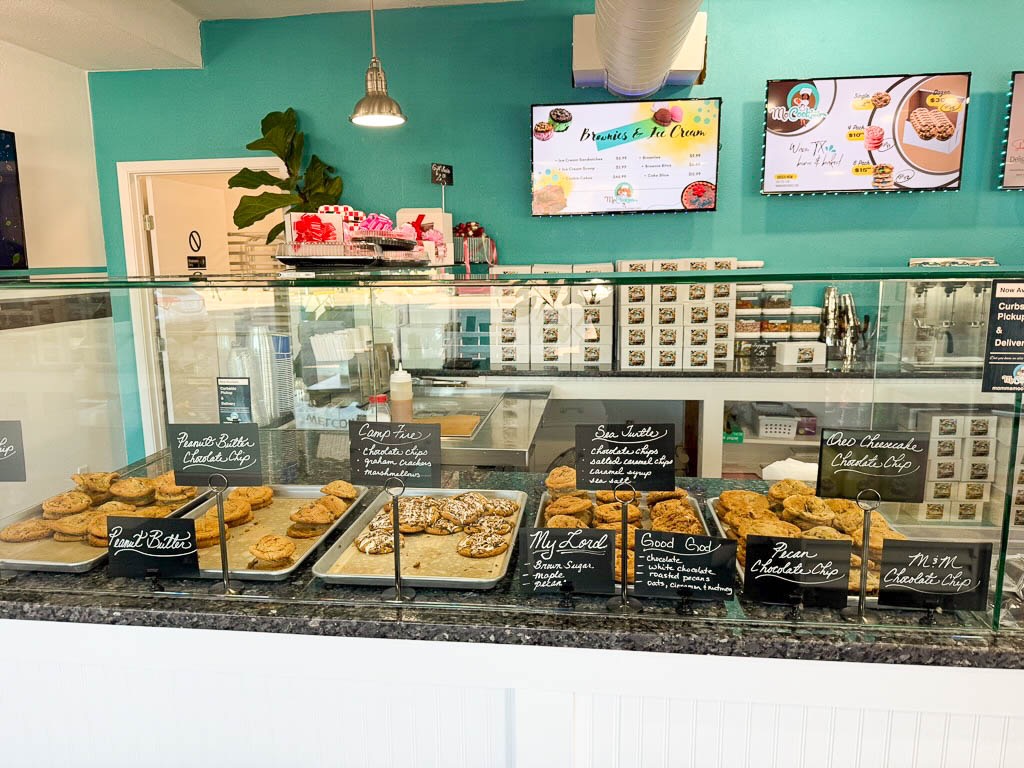For many, the turn of the calendar marks new beginnings, and the Greater Waco area, in agreement, has stepped into another year of development. Alongside the construction and traffic of infrastructure improvements, budding business adventures are opening their doors to new possibilities in Waco.
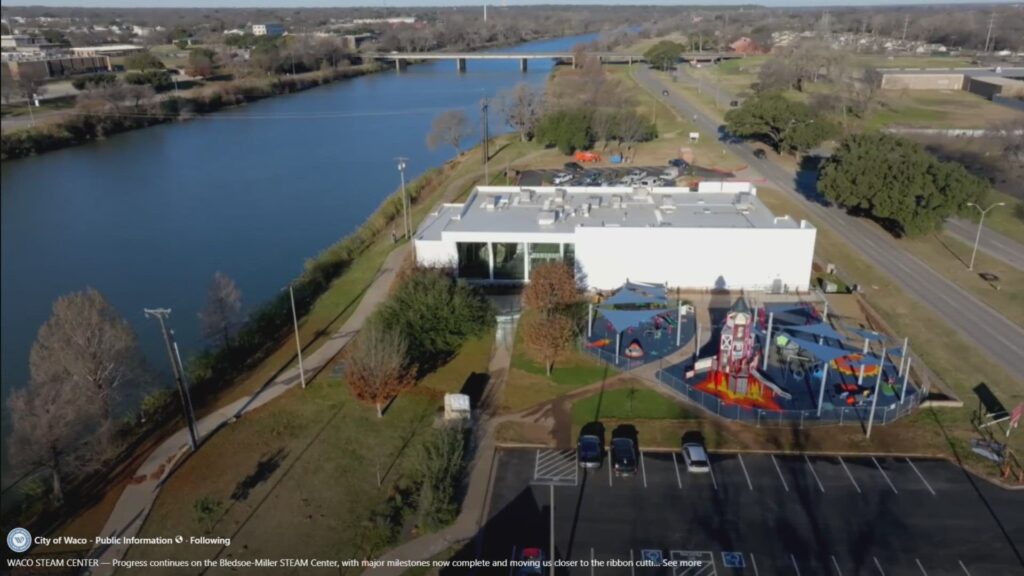
Recently, the Bledsoe-Miller STEAM Center celebrated its launch directly on the banks of the Brazos. The Bledsoe-Miller STEAM Center provides a thriving environment for science, technology, engineering, art, and mathematics, where Wacoans of any age can learn, play, and work in a space dedicated to their creative and educational advancements. With teaching kitchens, robotic laboratories, recording studios, and standard playgrounds, there is no dream too big to create at the Bledsoe-Miller STEAM Center.

Dreaming big has never been a bad thing, and as we approach Black History Month, we take a necessary moment to celebrate one of the most influential dreamers in American History, Reverend Dr. Martin Luther King Jr., who is nationally honored on the third Monday of January each year. Here in Waco, the Community Race Relations Coalition annually hosts a Wreath Laying Ceremony to commemorate the work of Dr. King and all other Civil Rights leaders. While honoring the contributions and legacies of Rev. Dr. King, this event includes various activities aimed at reflecting on Dr. King’s vision of equality, justice, and peace. Community leaders, activists, and speakers often share their thoughts on Dr. King’s impact and the ongoing struggle for civil rights, while encouraging participants to engage in service projects that embody Dr. King’s belief in serving others.
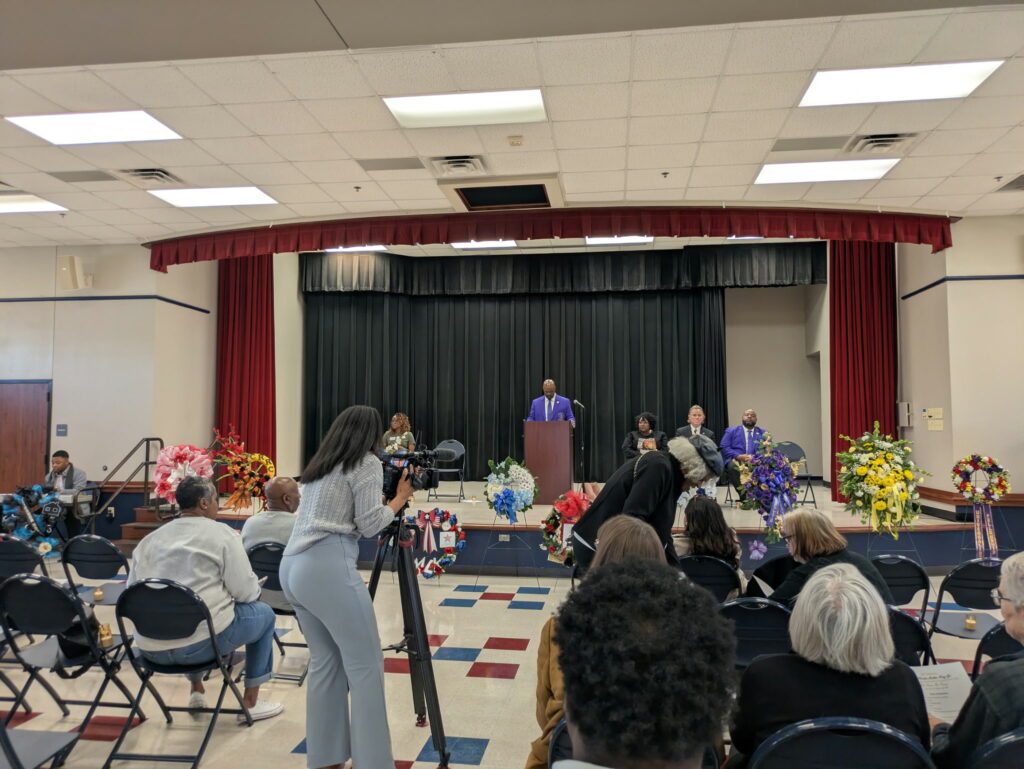
The Month of October is Domestic Violence Awareness Month, where communities are going the extra mile to raise awareness and take a stand against domestic violence. Advocates say that awareness is the first step towards prevention and making lasting change, and here in Waco, the Family Abuse Center is advocating for the education of our community on the cycles of violence. Early intervention, prevention education, domestic violence education, and community awareness can interrupt the intergenerational cycle of violence and reduce the social acceptance of domestic violence.

The Family Abuse Center offers a free, safe, and confidential place for adults and children to begin to experience life without violence. Their professional staff listens, advocates, and provides support to all those seeking services. They offer counseling, transportation, job and life skills education, and more.
Each October, during Domestic Violence Awareness Month, the Family Abuse Center recognizes the victims who have died due to domestic violence during the previous year. This year, the Family Abuse Center will be gathering on October 17th at the Waco Suspension Bridge in memory of the Texas women and men killed by their intimate partners. Domestic violence violates an individual’s privacy, dignity, and security due to the systematic use of control and abuse. This day provides an excellent opportunity for citizens to learn more about domestic violence issues and show support for the organizations and individuals who are providing advocacy services to domestic violence victims.

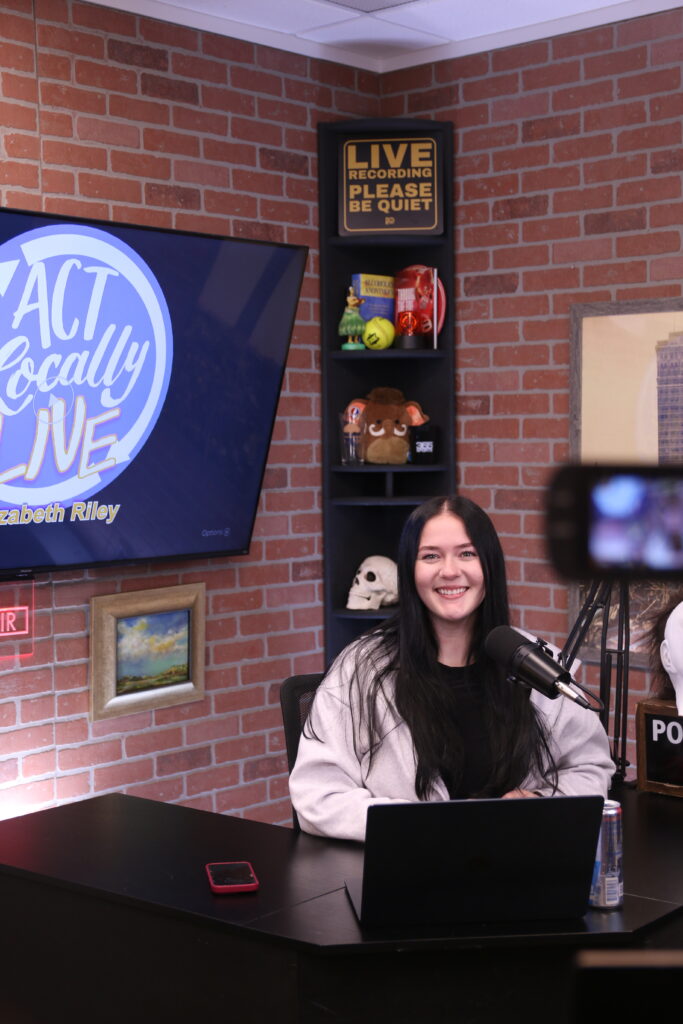
Elizabeth Riley hails from Tennessee and is a graduate of English Literature and Professional Writing & Rhetoric from Baylor University. With passions in archival preservation, communal connection, and women in sports, she writes because it matters, with hopes of bridging villages and fostering revelry amongst them.
Baylor University’s campus looks a little different at the moment. There are fenced-off portions of campus undergoing obvious reconstruction, accompanied by the sights of orange cones and the shouts of crew workers. A major project at the heart of campus that is causing much of this congestion is a huge step towards Baylor’s future.

The Memorial to Enslaved Persons is restructuring Founders Mall to acknowledge the immoral use of chattel enslavement during the building of Baylor’s original campus in Independence and the activities of daily life for nearly two decades. On Baylor’s ‘Background & History for a Memorial to Enslaved Persons’ webpage, it states, “It is an acknowledgment of a challenging part of our history while helping us see the need for Christian repentance while we press toward renewal, reconciliation and restoration.” Unfortunately, this isn’t the only accountability Baylor needs to take.

Previously, Baylor University and the City of Waco attempted to reconcile with Indigenous populations that originally inhabited the area. In October of 2020, Baylor authorized research on the history of Baylor’s land and its connections to Indigenous People, and in November of 2022, the University presented a Land Acknowledgement during Native American Heritage Month. In May of 2022, the Baylor Board approved a four-phase plan to address priorities identified by the Commission on Historic Campus Representations:
Phase One is complete, with the new Campus Experience Project.
Phase Two formally began February 20, 2024, with the ceremonial groundbreaking for the Memorial to Enslaved Persons. This phase also includes additional historical context being placed around the existing Judge Baylor statue, connecting his history of enslavement with those individuals recognized by the Memorial.
Phase Three will include enhancements to Speight Avenue that explain how the land upon which Baylor sits evolved and was developed, often at the expense of communities and individuals already occupying the property.
Phase Four will feature improvements along the Quadrangle.

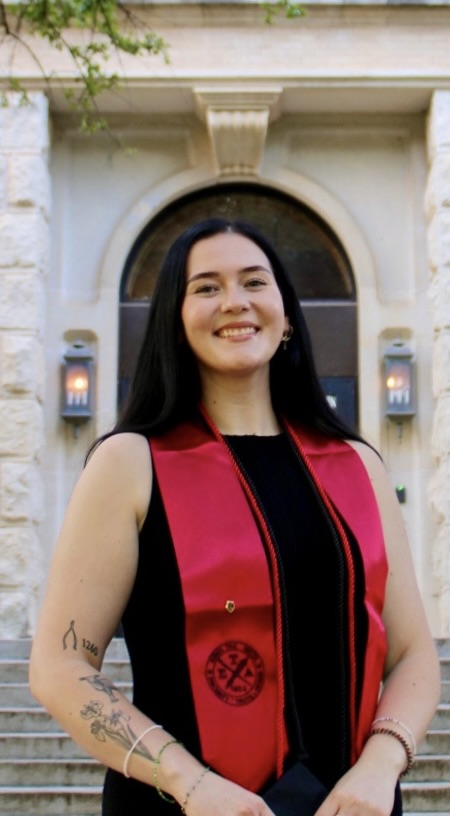
Elizabeth Riley hails from Tennessee and is a graduate of English Literature and Professional Writing & Rhetoric from Baylor University. With passions in archival preservation, communal connection, and women in sports, she writes because it matters, with hopes of bridging villages and fostering revelry amongst them.
Alpha Omega Grill & Bakery
929 Franklin Ave, Waco, TX 76701
Built out of an old transmission shop in historic downtown Waco, Alpha Omega Grill & Bakery is a fantastic Mediterranean joint serving gyro sandwiches, fresh pita, and mezze platters. There is much on this menu to obsess over, and a second location was opened in Hewitt for locals who couldn’t get enough. Alpha Omega offers gluten free, dairy free, and vegan options.

Around the World Bakery
119 N 12th St, Waco, TX 76701
This bakery and coffee shop is bringing internationally inspired desserts directly to downtown Waco. Owned by Hillsboro native, Adilene Camarena, this shop was inspired by the owner’s travels around the world and her own passions in culinary arts. With gluten free options, this bakery takes you around the world from your neighborhood.
Harvest on 25th
112 N 25th St, Waco, TX 76710
This locally owned farm to table restaurant in Waco serves breakfast and lunch everyday from 8 am to 3 pm. With vegan options, gluten free possibilities, and recipes that push the boundaries of standard food, Harvest has something to easily satisfy everyone. With picnic style tables, flowers at every turn, and laughter echoing through the space, Harvest is the place to be with some beautiful community.
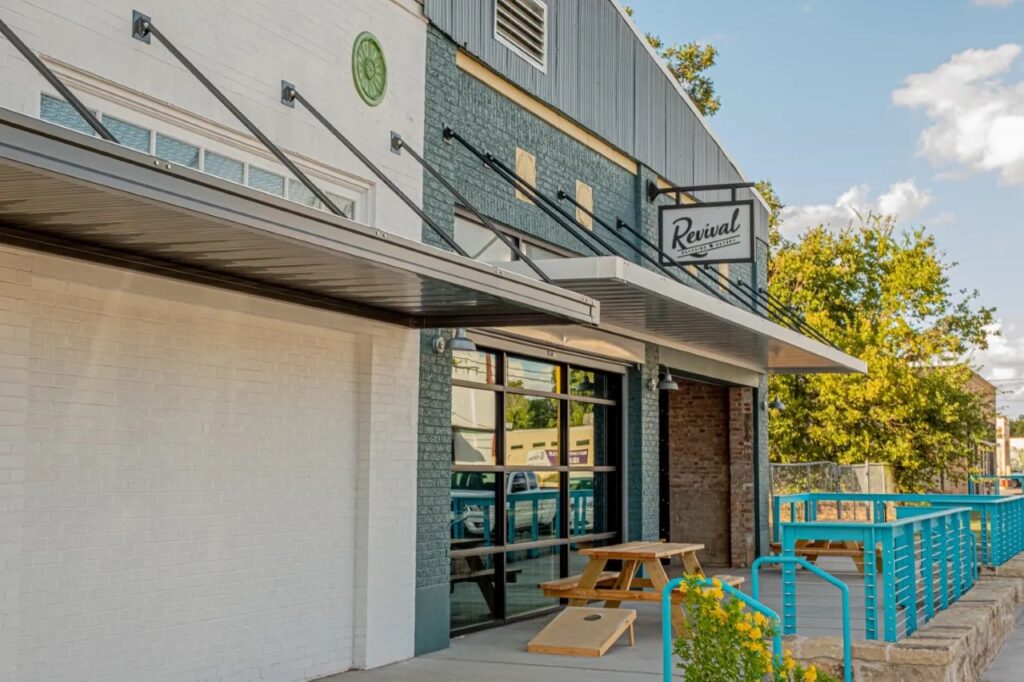
Revival Eastside Eatery
704 Elm Ave, Waco, TX 76704
In the heart of historic East Waco, this female owned business serves up delicious salads, sandwiches, and burgers. With a list of craft beers and wine to sip on, Revival has everything you could possibly be craving! Try their iconic sweet potato fries or tomato soup, which are bursting with flavor in every bite.

YAKI Texas Teriyaki
1307 S Valley Mills Dr, Waco, TX 76711
Keeping it simple so that more can enjoy it, YAKI Texas Teriyaki is gluten, dairy, and nut free. This drive-in on Valley Mills serves BBQ rice boxes to-go. Spice up your favorite dish with specialty house sauces, also known as “soss.” Rice, protein, soss, and slaw–a complete meal in a box! Fun foods, crazy colors, and mindful meals makes YAKI one of the best.
While these facilities have gluten free options on the menu, it is important to consider cross contamination in all cases. Please double check with each eatery to confirm their gluten-free dedication. Some items from these places are not safe for those with celiac disease.
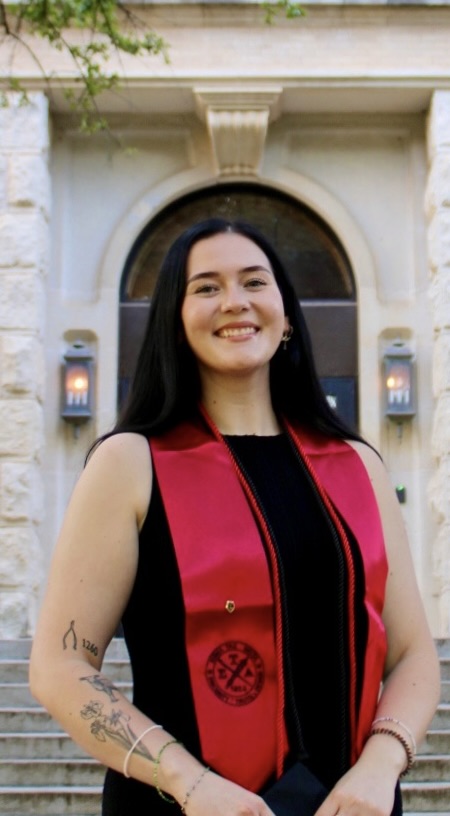
Elizabeth Riley hails from Tennessee and is a graduate of English Literature and Professional Writing & Rhetoric from Baylor University. With passions in archival preservation, communal connection, and women in sports, she writes because it matters, with hopes of bridging villages and fostering revelry amongst them.
By Mary Beth Farrell
November marks the one-year anniversary of the opening of the “Sit Down to Take a Stand” Waco lunch counter exhibit at the Dr Pepper Museum. The lessons learned in the process of creating this exhibit and living with its impact have shaped the staff and board in ways we could not have anticipated.
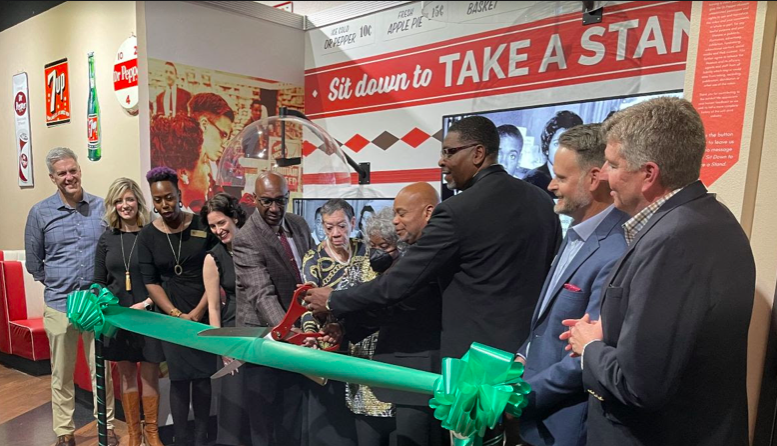
Thank you to our exhibit committee members – Dexter Hall, Anthony Betters Sr., Gary Myles, Dr. Stephen Sloan, and Joy Summar-Smith – for leading us to a better understanding of the influence our Soda Fountain could have on visitors.
Over 2.7 million visitors have come to the museum since we opened in 1991, and the Soda Fountain – the original home of the Dr Pepper float – has been a favorite part of the experience for so many. However, before the civil rights movement, people of color were denied service at locations throughout Waco, including local soda fountains.
In the reexamination of our exhibits and the stories they tell, we realized the nostalgia surrounding soda fountains that people found in our space was not substantive enough to carry us through the next 31 years. The result of this reflection is “Sit Down to Take a Stand,” a recreated lunch counter that features audio from local sit-in participants, video from sit-ins in Houston, and photographs from across the South creating a moving, immersive experience for museum visitors.
The exhibit is in the Soda Fountain so all visitors can access it without paying admission. The Soda
Fountain was also redesigned with a 1960s theme to reflect a time when all patrons were welcome while keeping the vintage feel visitors expect.
“Sit Down to Take a Stand” is only the beginning. In February 2023, the most iconic space in the Museum – the historic Bottling Room – will reopen to the public featuring the stories of the workers who operated the bottling plant. Unfortunately, this exhibit hasn’t been updated since the museum opened in 1991 and currently tells the story of nostalgia from the perspective of those running the company, largely leaving out the contributions of everyday workers.
If you have never visited the museum or it’s been a while since you’ve stopped by, now is the time! In addition to telling the stories of Dr Pepper and the soft drink industry in a way we have never done before, the experiences the museum has to offer are one-of-a-kind. Make-A-Soda, Taste-A-Soda, the Extreme Pepper Experience, and the Paranormal Experience take your visit to the next level.
To support the historic Bottling Room renovation, visit our website and donate to our annual Challenge Grant. Our Challenge Grant goes to the preservation of our historic buildings and our collection. With every dollar donated, Keurig Dr Pepper will match the donations up to $100,000.
Mary Beth Farrell is director of development & communications for the Dr Pepper Museum.
By Baylor School of Education
Baylor University has named Lakia Scott the school’s “Champion of Change” this year. Dr. Scott is an associate professor in Baylor’s School of Education.
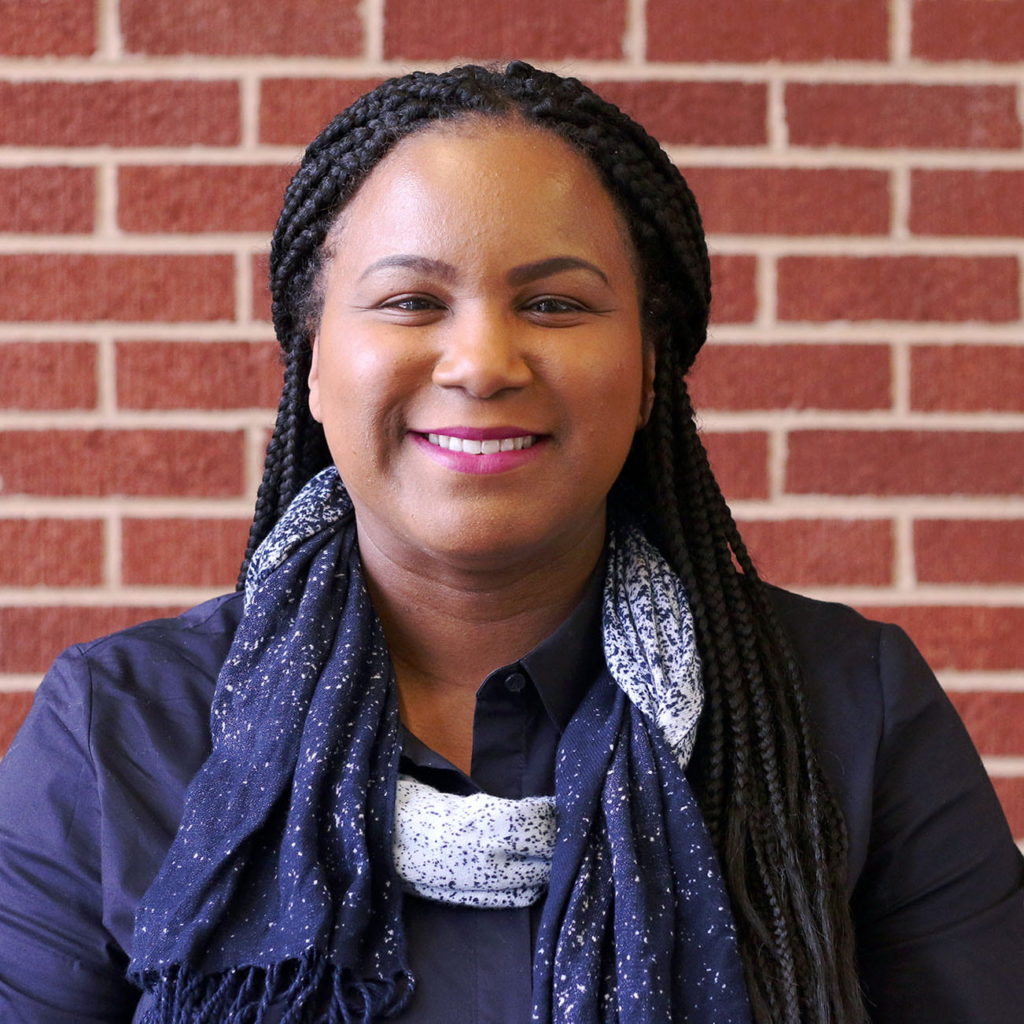
Baylor launched “Champions of Change” awards to recognize and acknowledge the accomplishments of faculty, staff, and alumni (one of each annually) who have demonstrated efforts to “foster greater appreciation and advancement of diversity, inclusiveness, and equity for communities of color at Baylor and in Waco.” A diverse and representative volunteer advisory committee sought nominations and made the final selections for the inaugural honorees.
Scott’s efforts in equity enhancement have included promoting the recruitment and retention of first-generation college students and students of color through advising student organizations; establishing a reputation for being empathetic and supportive of students from traditionally marginalized backgrounds; and focusing her research on multicultural awareness, diversity practices, and urban education and literacy.
“I am humbled by this recognition, and I do not take this honor lightly,” Scott said. “This notion of being a champion of change truly challenges us to continue in our efforts to call into question and/or critique the structural and systemic barriers that limit human flourishing. While I am grateful that my efforts have been noticed, there is still so much to do, especially in thinking about equitable education as a right, not a privilege, for all students in our country. I am thankful to do my part in Waco — the strides made here can provide a national model for evoking true change in education.”
For three years, Scott served as the Chair of the Campus Diversity Committee and currently serves on the President’s Diversity Council. Scott also won Baylor’s Diversity Enhancement Award in 2018 and this year is the recipient of Baylor’s Outstanding Faculty Teaching Award (tenure-track) She is the founding director of Baylor’s Freedom Schools, a summer literacy enrichment program for elementary and middle school youth which focuses on culturally relevant teaching practices and the utilization of multicultural literature in order to bridge summer learning loss.
Teaching in the Department of Curriculum & Instruction and serving as the department’s graduate program director, Scott is a recognized scholar in the field of Urban Education. Her credits include a host of research publications, co-authored and co-edited books, book chapters, and educational evaluation reports.
When the awards were presented at the end of the spring semester, Baylor President Dr. Linda Livingstone said, “The impact of this year’s Champions of Change echoes far beyond the halls of Baylor University, reverberating well into the greater Waco community. Each of these amazing leaders embodies the character and commitment to equity we seek in reflecting Baylor’s Christian mission.”
The impact of Scott’s work has indeed reverberated beyond campus, as she also received recognition from the Greater Waco Chamber of Commerce, receiving their “Waco Under 40” Award honoring “dynamic young leaders under the age of 40” who are making an impact in the greater Waco community.
Scott said, “I believe strongly that through service, love, and intentionality, we can transform our community spaces in ways that translate to human flourishing. I am honored to be among my esteemed peers and colleagues who also consider themselves servants of the greater Waco community.”
The Act Locally Waco blog publishes posts with a connection to these aspirations for Waco. If you are interested in writing for the Act Locally Waco Blog, please email Ferrell Foster at [email protected].
By Dexter Hall
There are many different approaches or levers that must be pulled to ensure an inclusive economy for all Wacoans.
The question, of course, is which levers will we pull to provide the financial economic security for all of our citizens or will we adopt a “throw spaghetti against the wall” approach and see what sticks.
Varying organizations and institutions across the nation compile numerous reports to show what is and what is not working. We know the lessons of the past and the intentional levers that were pulled to create an unequal economy leaving our BIPOC (Black, Indigenous, and other people of color) communities to suffer in poverty.
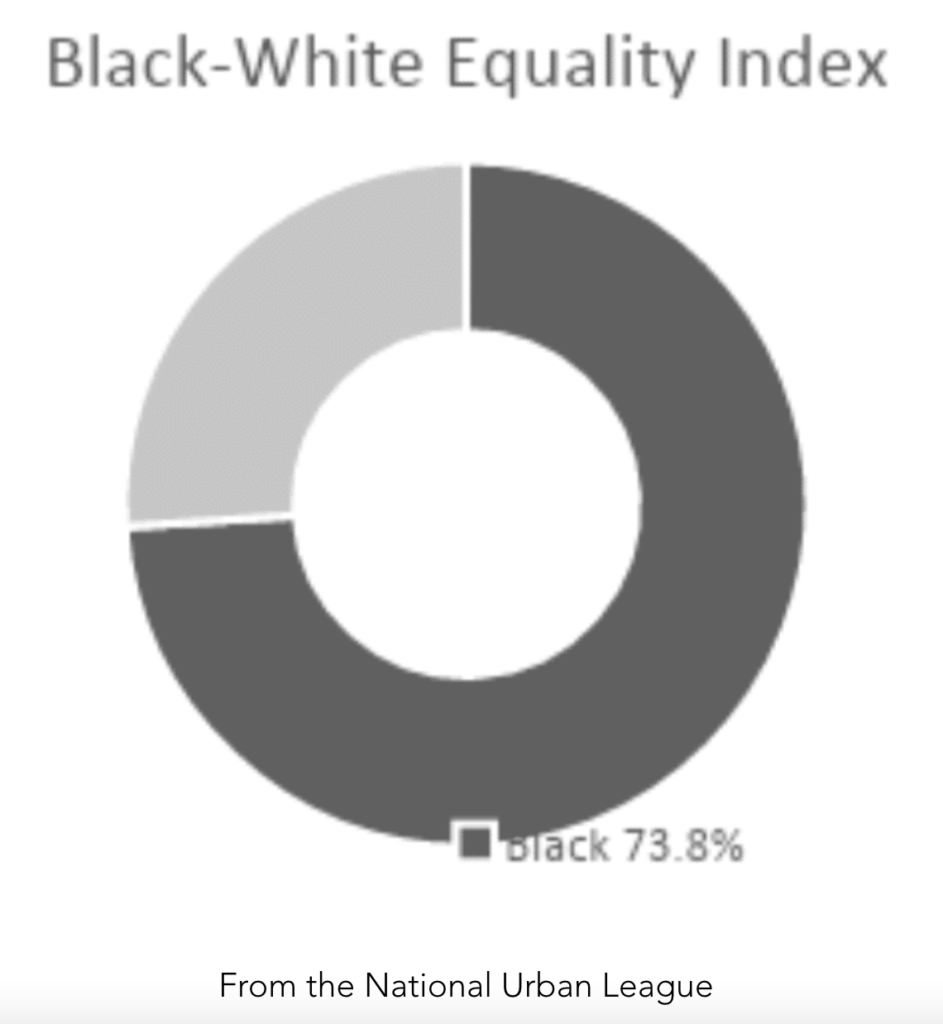
The National Urban League’s “2020 State of Black America: Unmasked” report, shows a Black-Equality Index of 73.8 indicating Black Americans are missing 26% of the pie. The same index shows Hispanic Americans at 78.8 indicating they are missing 21% of the pie.
The overall Equality Index is made up of the five areas with each being weighted based upon urgent need and importance. The chart below shows where Black Americans ended in 2020. The 59.2% index in economics shows Black Americans are missing almost half of the economic pie in comparison to White Americans.
On May 26 this year, Prosper Waco hosted “Addressing Financial Empowerment: Waco Prospers when All Wacoans Prosper.” I had the awesome opportunity to share with our mayor and other community leaders the levers that Prosper Waco would be pulling to move toward ensuring the economic and financial security for all Wacoans.
Through the work of the City of Waco’s Financial Empowerment Blueprint, we shared intentional strategies in the areas of Asset Building, Banking Access, Consumer Financial Protection, Financial Education, and Small Business Development and Financing.
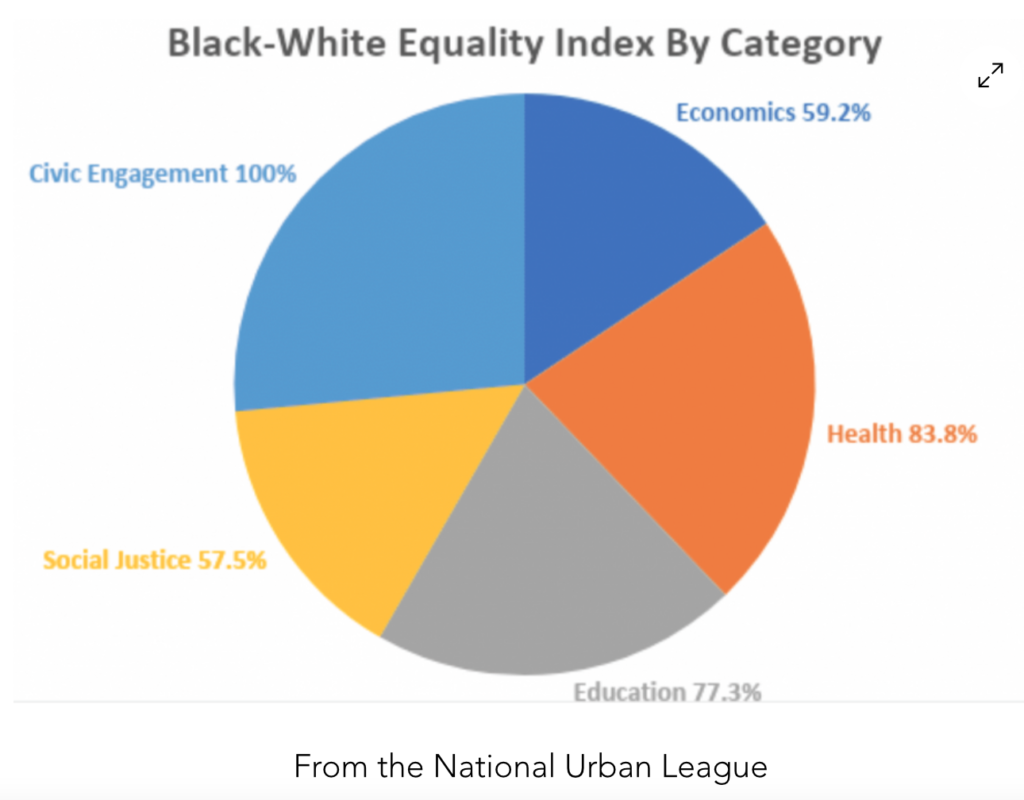
In each area we shared a plan of work that we would be initiating or that was being done through partner organizations in our community that addressed the needs of our low-to-moderate income (LMI) community and small business owners.
We are grateful to work with individuals and organizations in developing specific intentional work to address the needs of all Wacoans and ensure an inclusive economy in our area.
Instead of throwing spaghetti against the wall and hoping something sticks, we are partnering and working together to address immediate needs as well as short- and long-term needs of our community through intentional drivers that led to the 73.8 score in the National Urban League’s Black-White Equality Index.
Working together we can build the right spaghetti and meatballs for all Wacoans to prosper equally and equitably.
And, by the way, who likes spaghetti without meatballs?
Join us in the work for financial and economic security for all Wacoans by adding your sauce to this intentional spaghetti.
How can you help?
Volunteer your skill or experience in financial or legal services.
Donate to support the various initiatives in each area of focus.
Sponsor Financial Education Workshops for your groups, employees, associations, clubs, sororities, and fraternities.
If you would like to help or invest in supporting the financial and economic security for all Wacoans please contact me at [email protected].
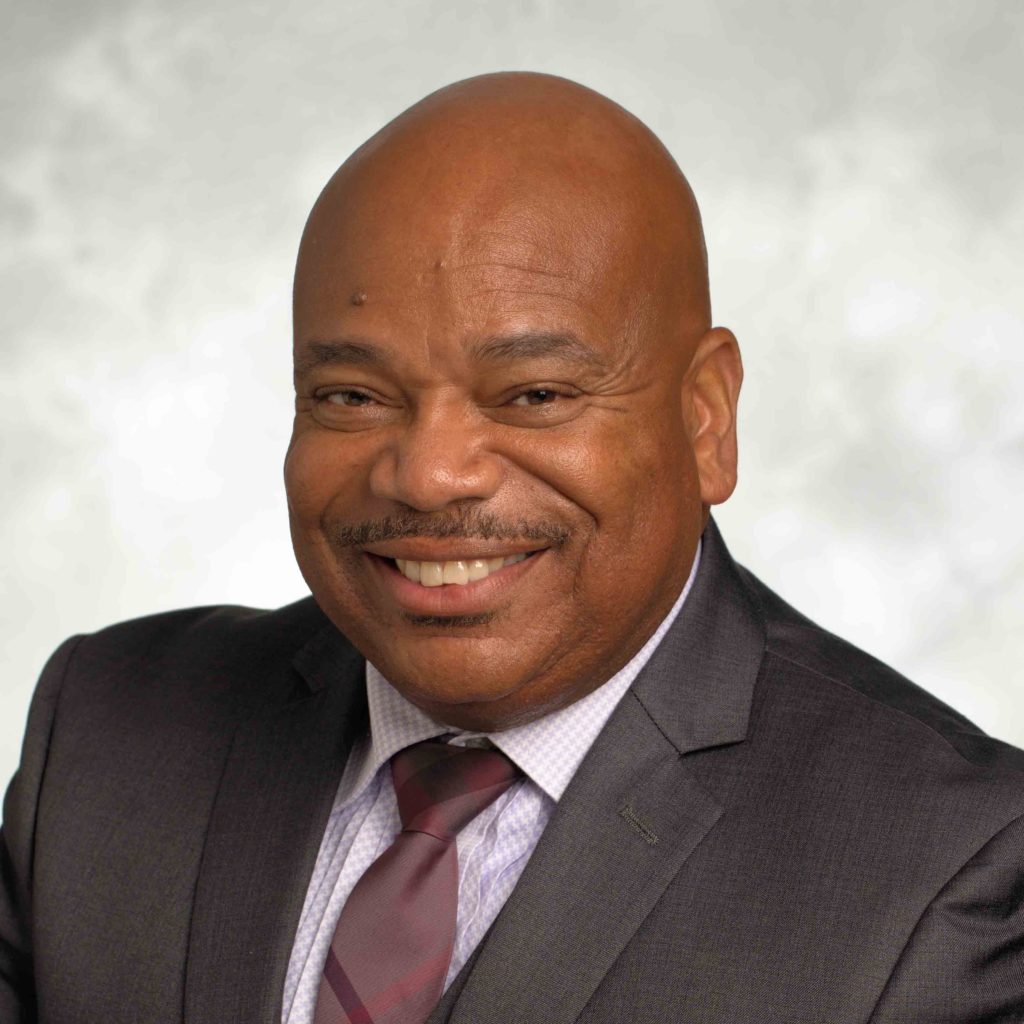
Dexter Hall is chief of staff and senior content specialist for financial security with Prosper Waco. For more information on financial security contact Hall at [email protected].
The Act Locally Waco blog publishes posts with a connection to these aspirations for Waco. If you are interested in writing for the Act Locally Waco Blog, please email Ferrell Foster at [email protected].
By Ferrell Foster
Independence Day is always special, but this year it is even more treasured. On July 4, 1776, the founders of this nation laid down some principles that would shape this people for generations. Now that we have added Juneteenth as a federal holiday, we can see more clearly that bringing those first principles to fruition is a process.
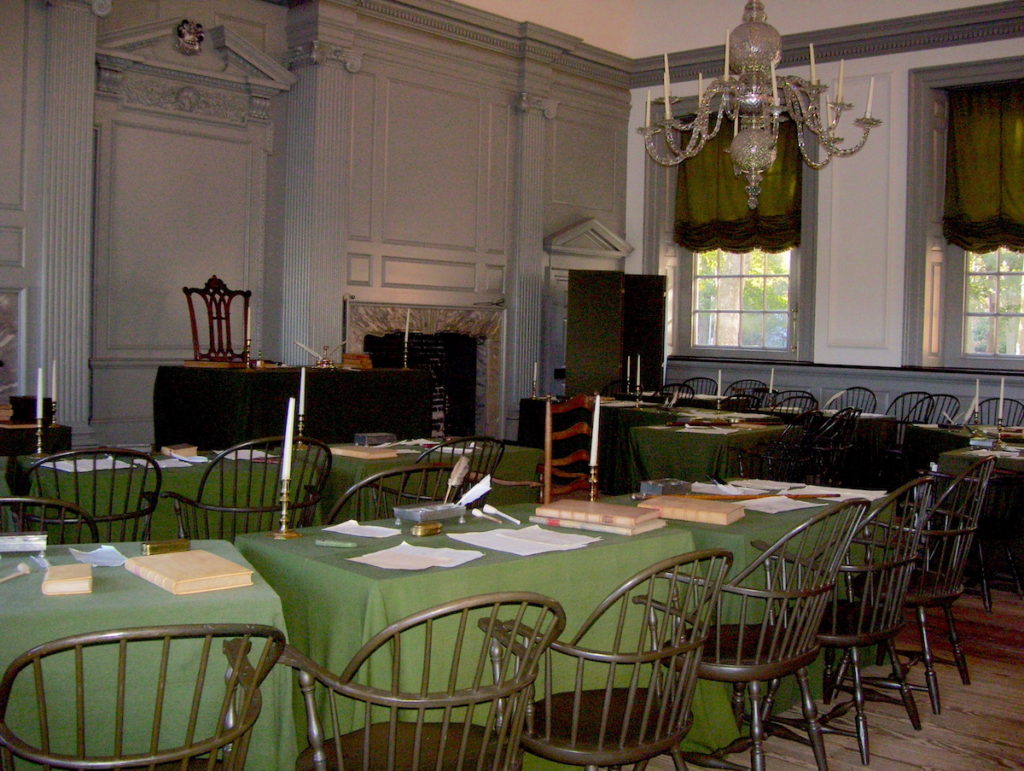
“We hold these truths to be self-evident, that all men are created equal, that they are endowed by their Creator with certain unalienable Rights, that among these are Life, Liberty and the pursuit of Happiness” (U.S. Declaration of Independence).
Let’s put those words in chronological context:
1776 – The authors didn’t really mean “all men” and, of course, not women. Slaveholders were among the signers.
1861 – That disconnect eventually led to a Civil War, the most deadly war for Americans in their history.
1862 – President Lincoln started broadening freedom with the Emancipation Proclamation.
1865 – Slaves in Galveston learned of their freedom — Juneteenth.
That’s 89 years from the signing of the Declaration to Juneteenth. Countless people suffered and died to make that progress.
But any student of history knows that only chattel slavery (humans as owned property) ended in 1865; a new type of slavery emerged eventually grouped under the term of Jim Crow laws — varied rules that sought to keep African Americans in a subservient position.
1954 – The U.S. Supreme Court, in Brown v. Board of Education of Topeka, ruled that state laws establishing racial segregation in public schools was unconstitutional.
1955 – Rosa Parks says “no” to sitting at the back of a bus in Montgomery, Ala., and local pastor Dr. Martin Luther King, Jr., emerges as the bus boycott’s voice and eventually the nation’s.
1964 – In the wake of the assassination of President John Kennedy, the Civil Rights Act of 1964 outlawed discrimination based on race, color, religion, sex, and national origin.
1965 – Congress passed and President Lyndon Johnson signed the Voting Rights Act of 1965 prohibiting racial discrimination in voting.
That’s 100 years between the first Juneteenth and the Voting Rights Act.
The words of the Declaration of Independence did not free slaves; those words laid the philosophical and national foundations by which people could work to wrest their freedom from the power of oppressors.
On July 4 we do not celebrate freedom achieved; we celebrate freedom made possible. And in doing so we remember the long years of struggle from Independence Day to Juneteenth and then to the Voting Rights Act.
And this freedom is not a liberty to do whatever an individual wants; it is a freedom to enjoy the God-given rights of life, liberty, and the pursuit of happiness. And, since all people are of equal value, we pursue those three things in consideration of the same pursuit by others.
All people (Black, Hispanic, Asian, White … any gender … from any nation) . . .
. . . are created equal (no group is superior) . . .
. . . they are endowed by their Creator (this isn’t something a few people just made up) . . .
. . . with certain unalienable Rights, that among these are Life, Liberty and the pursuit of Happiness.
We celebrate 1776 and 1865 and 1965, but we know there is still more to be done, and that includes right here in Waco.
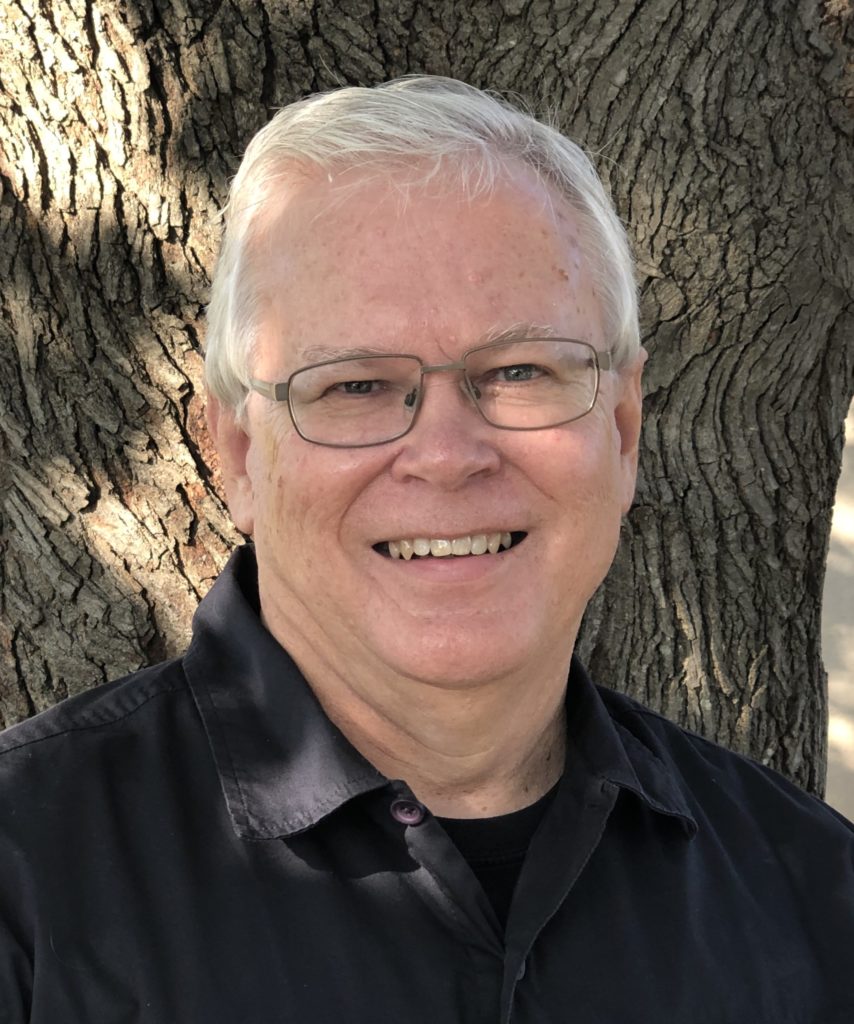
Ferrell Foster is acting executive director of Act Locally Waco and is senior content specialist for care and communition with Prosper Waco.
The Act Locally Waco blog publishes posts with a connection to these aspirations for Waco. If you are interested in writing for the Act Locally Waco Blog, please email Ferrell Foster at [email protected].

